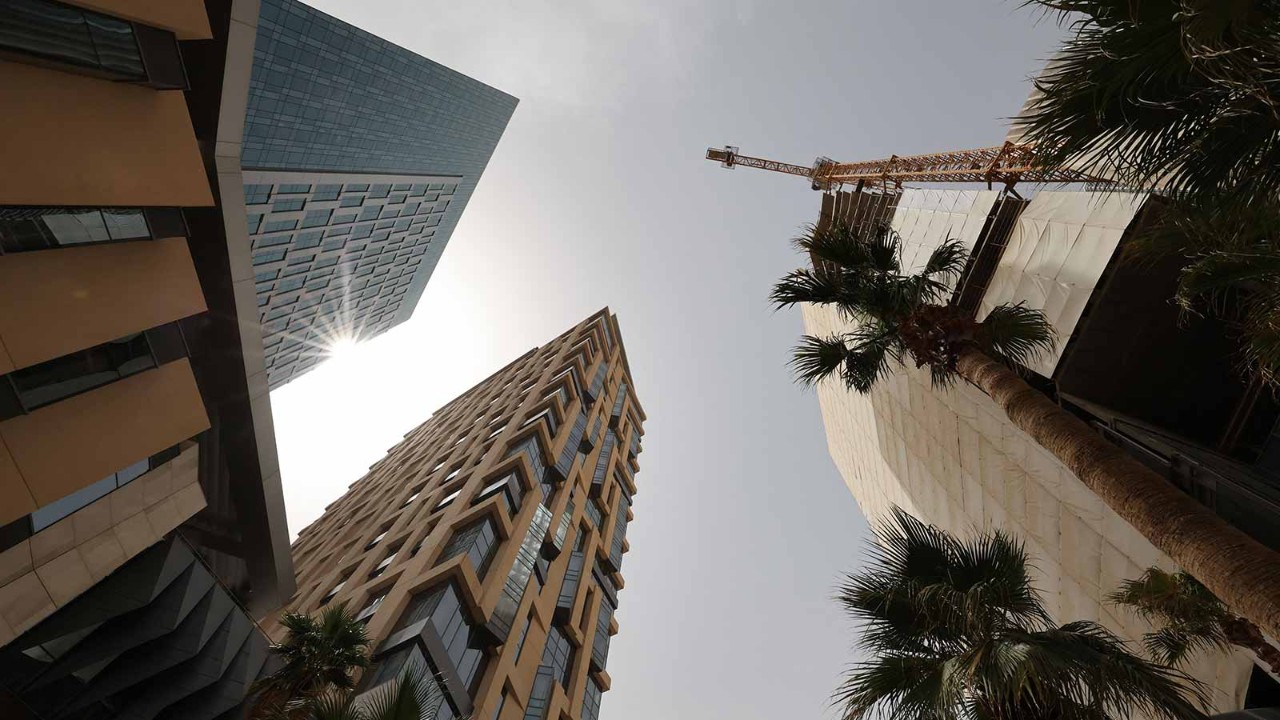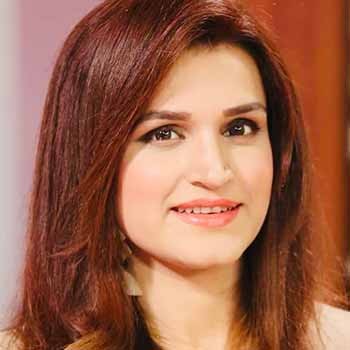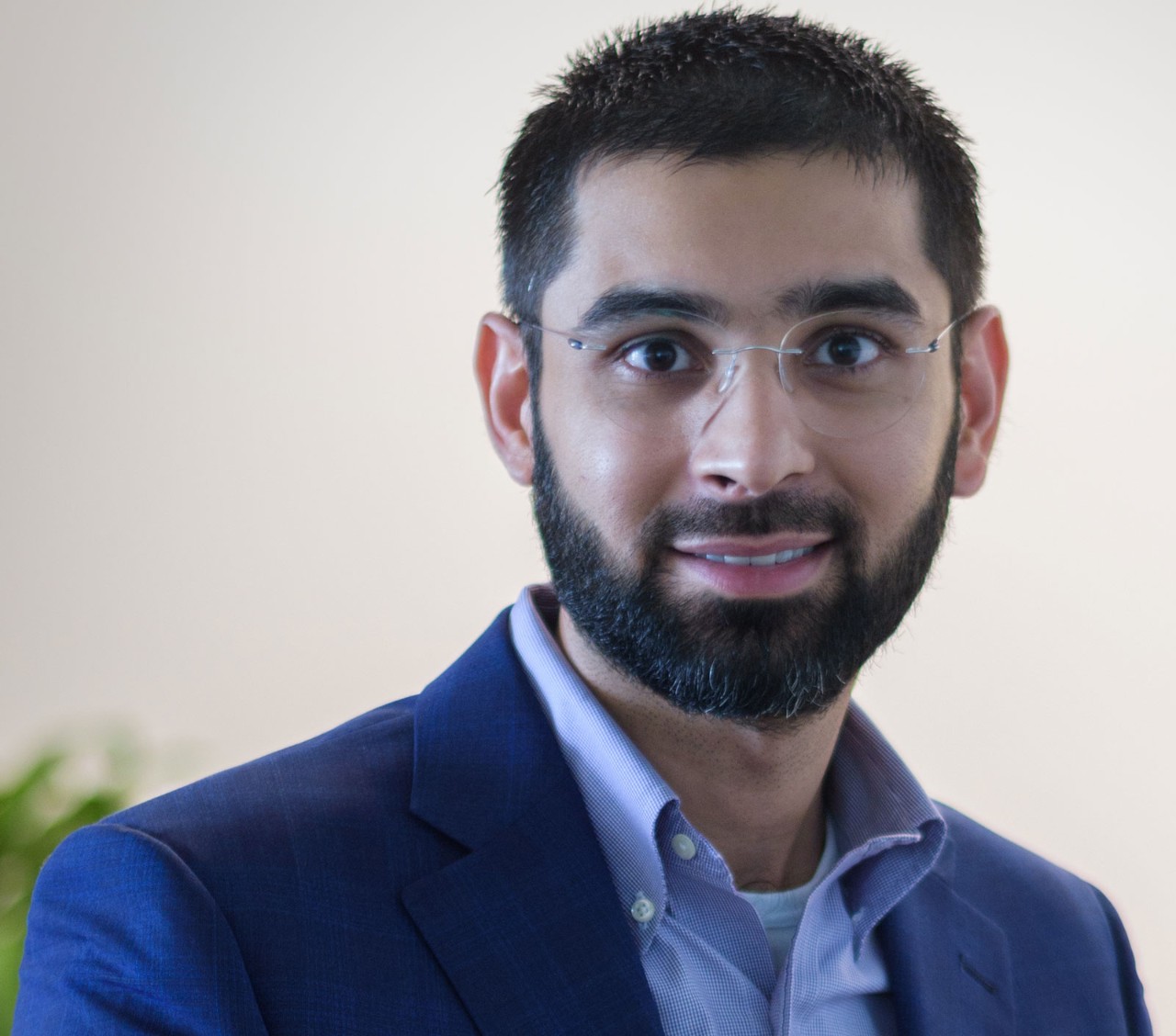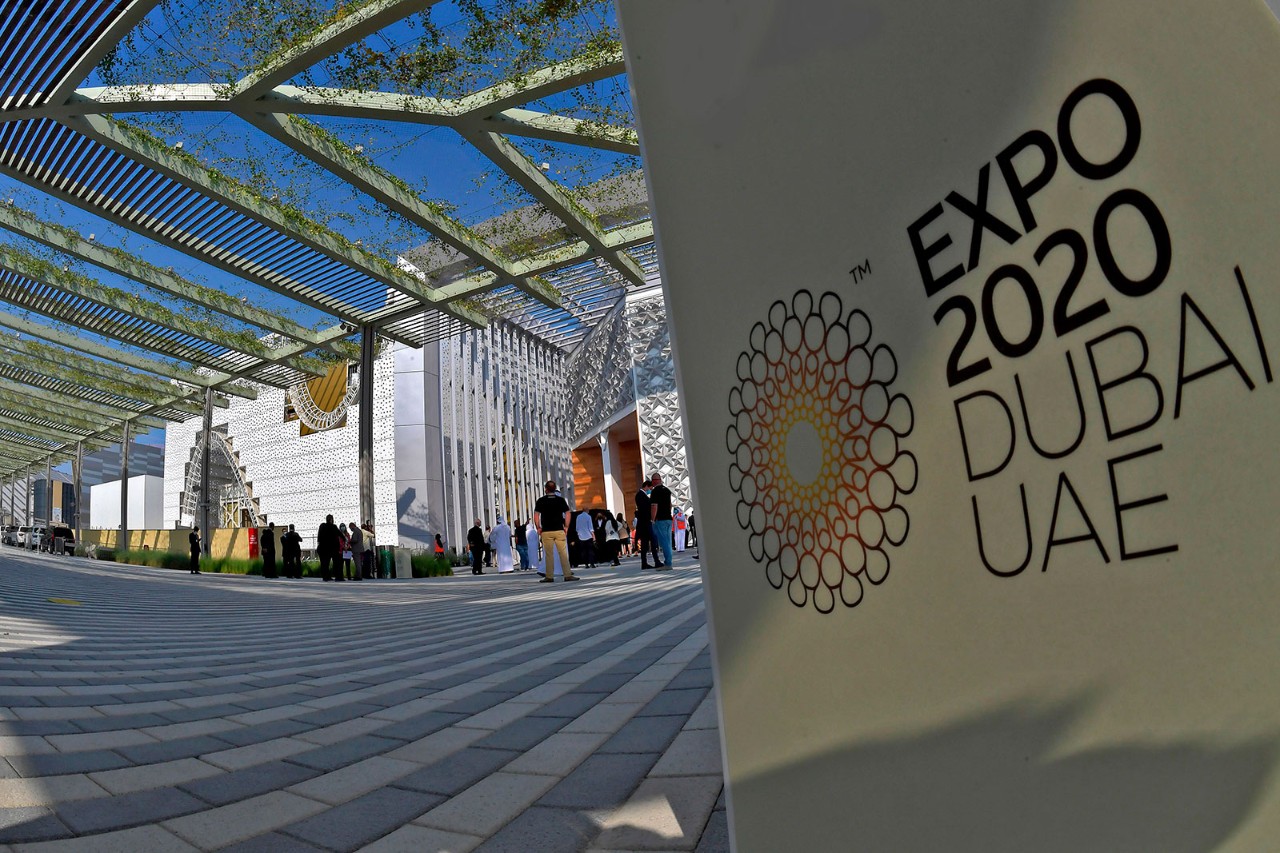
We’ve all read about Saudi Arabia’s plans to increase foreign direct investment (FDI) with the announcement of new special economic zones, but here’s a recap of how things have been progressing.
What’s the thinking behind the move?
As part of its Vision 2030 programme, the country is looking to move away from its reliance on oil revenues towards a more diversified and sustainable economic future through a combination of government expenditure, foreign investment, and tax and corporate incentives.
‘Right now, 90% of the country’s revenue is oil, which will always be in demand, but not as dominant as it once was,’ says Areeb Younus ACCA, senior accountant at Global Environmental Management Services in Jeddah. ‘So the government wants different sectors to contribute to the economy. This means securing investment into other areas.’
‘Even though the world is being ravaged by Covid-19, Saudi Arabia is becoming an attractive option’
How is the government going about this?
Saudi Arabia’s investment minister has revealed plans to create 20 special economic zones, with up to six located in the kingdom’s capital city, Riyadh. The intention is to attract foreign companies through the development of specialist hubs in areas such as technology, financial services, tourism and hospitality, logistics, biotechnology, maritime industry, the chemical industry and manufacturing.
Speaking at a Future Investment Initiative conference in January, minister of investment Khalid Al-Falih reported that the Saudi government had revamped more than half of its 400 foreign direct investment (FDI) regulations in order to support the plans, off the back of a rise in foreign investment in 2020.
What projects have been developed so far?
Since the Vision 2030 programme was launched five years ago, a number of large-scale infrastructure projects have been commissioned, including NEOM, a US$500bn futuristic megacity project extending into Egypt and Jordan, as well as the Red Sea Project, which includes a nature reserve, diving in coral reefs and heritage sites on about 50 islands off the Red Sea coast. Other projects include Qiddiya, an entertainment and sports development in the capital city.
At the same time, the Saudi government has announced its intention to attract more corporate regional headquarters by linking government contracts to the need for a presence in the country. From 2024, only those companies that have established regional headquarters in the country will be eligible to bid for government work.
Is all this increasing FDI?
Absolutely. Despite the global pandemic, there was a significant increase in the inflow of FDI into Saudi Arabia last year. In fact, net FDI rose 20.2% to US$5.49bn during 2020, compared with US$4.56bn in the previous year, according to estimated data from the Saudi Central Bank. This is the largest increase in 12 years.
Haven’t economic zones existed in the country for some time?
Yes. The first Saudi Arabian economic zone, King Abdullah Economic City in Rabigh, was developed back in 2008. Benefits then included provision for 100% foreign-owned companies, and lower rates for customs and duties.
This was part of the so-called ‘10×10’ policy, driven by the Saudi Arabian General Investment Authority’s intention to place the kingdom among the world’s top 10 competitive investment destinations by 2010.
The policy gained further impetus in 2017 when Crown Prince Mohammed bin Salman announced the creation of the aforementioned NEOM, a new city north of the Red Sea, east of Egypt across the Strait of Tiran, and south of Israel and Jordan. To be built as a ‘smart city’ at a budgeted cost of US$500bn, NEOM is to operate independently from the ‘existing governmental framework’ with its own tax and labour laws, and an ‘autonomous judicial system’.
Is there an example of a recent creation?
This year, the government published details of incentives that will be available at the Integrated Logistics Bonded Zone, which is adjacent to Riyadh’s international airport. It’s the first of a series of new special zones. The government is aiming to make this one a globally competitive transportation and logistics hub, which can link the Middle East with Africa, Europe and Asia.
Incentives will include: a 50-year tax holiday to include VAT suspension while under customs suspension; zero-rated corporate, income and withholding tax on certain payments; 100% business ownership; 100% suspension of customs and import restrictions; and no restrictions on capital repatriation.
What effect has Covid-19 had on business in Saudi Arabia?
‘Ironically, Covid-19 has helped many businesses in their future growth,’ says Younus. ‘We’ve seen improvements in technology and supply chains because businesses were forced into making changes.
‘Even though the world is being ravaged by Covid-19, and finance is not as widely available, Saudi Arabia is becoming an attractive option,’ Younus adds. ‘There is so much tourism potential here, which is another area that the government is looking at.
‘Every month, new tourism companies are opening up. The infrastructure is now more appealing, and I believe we will see more international tourism companies coming here.’



